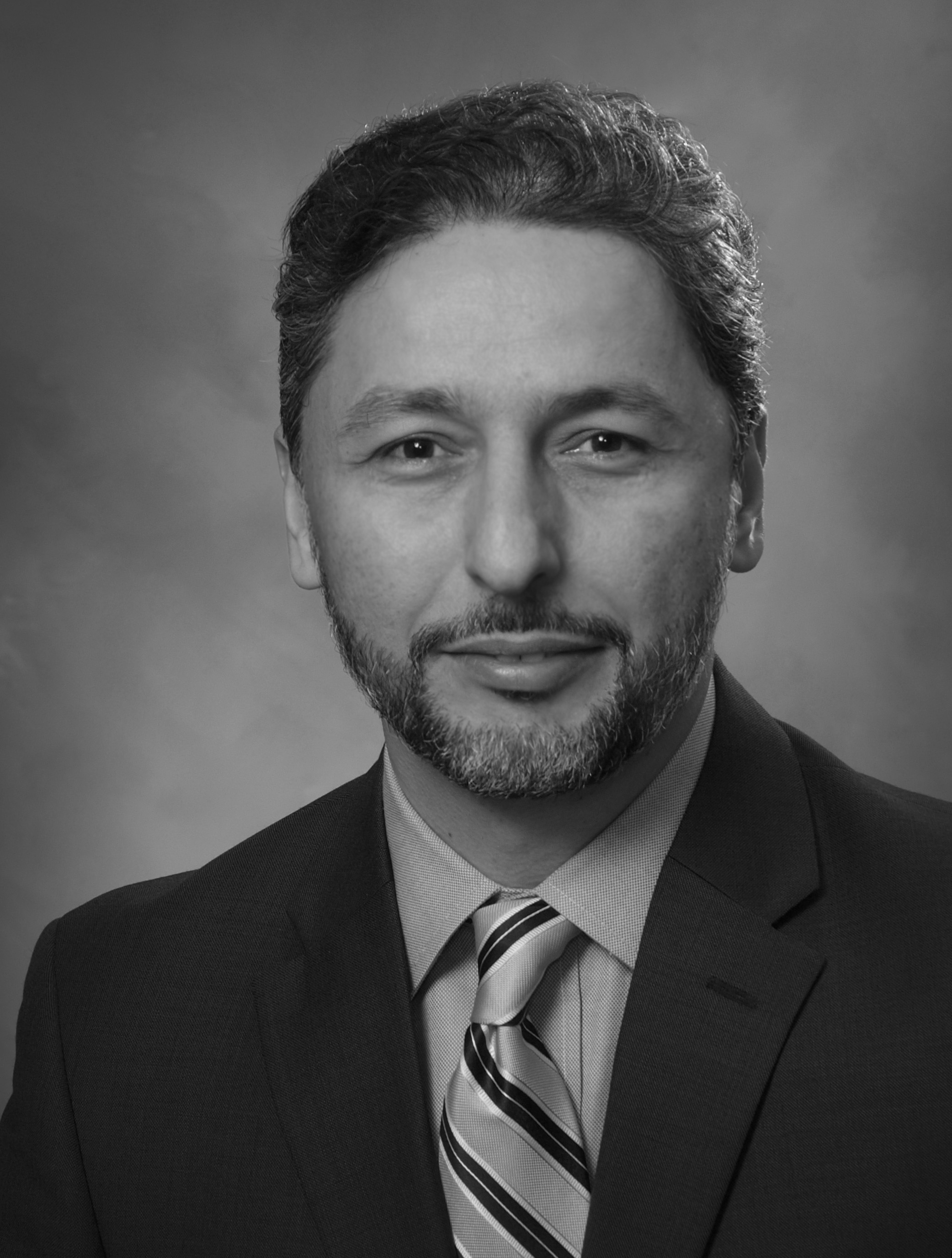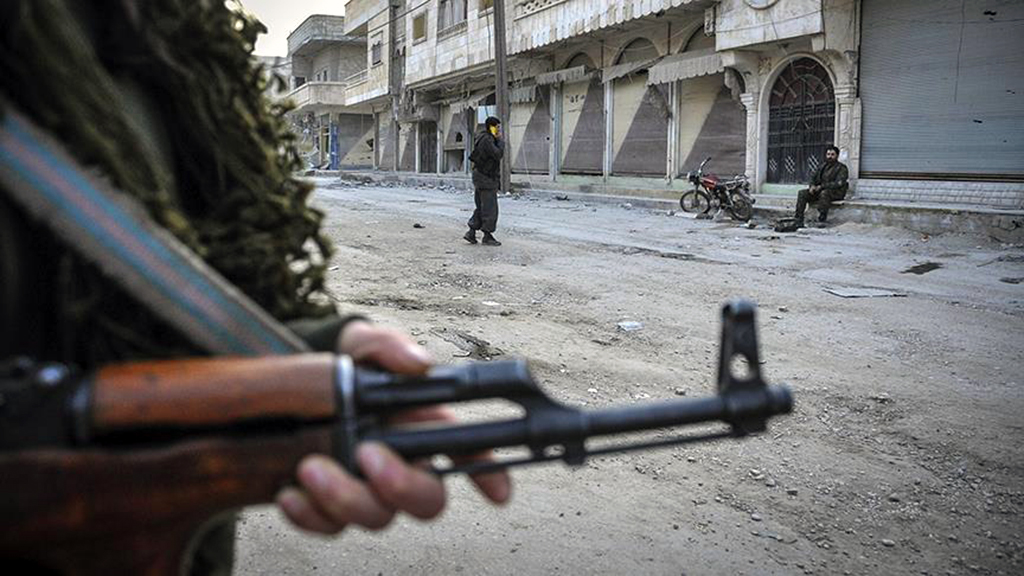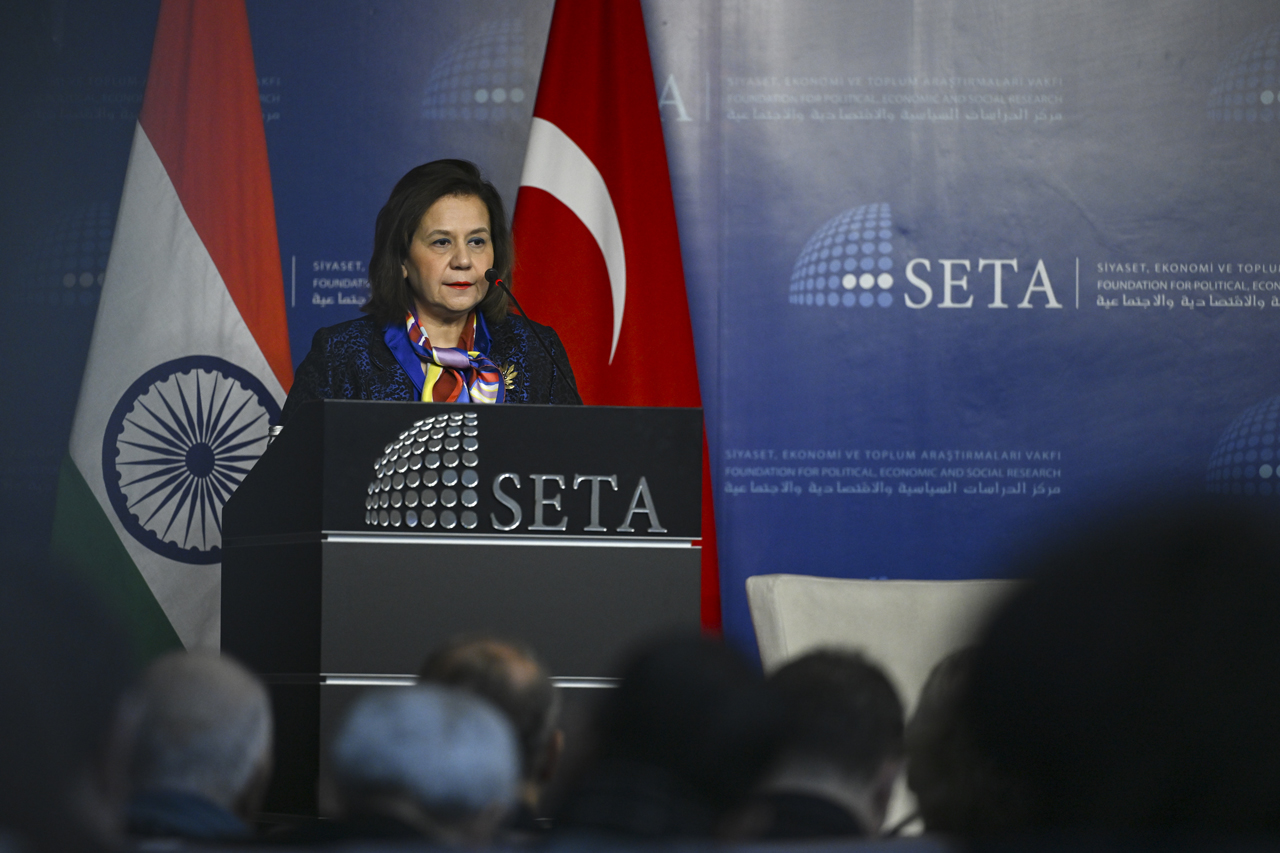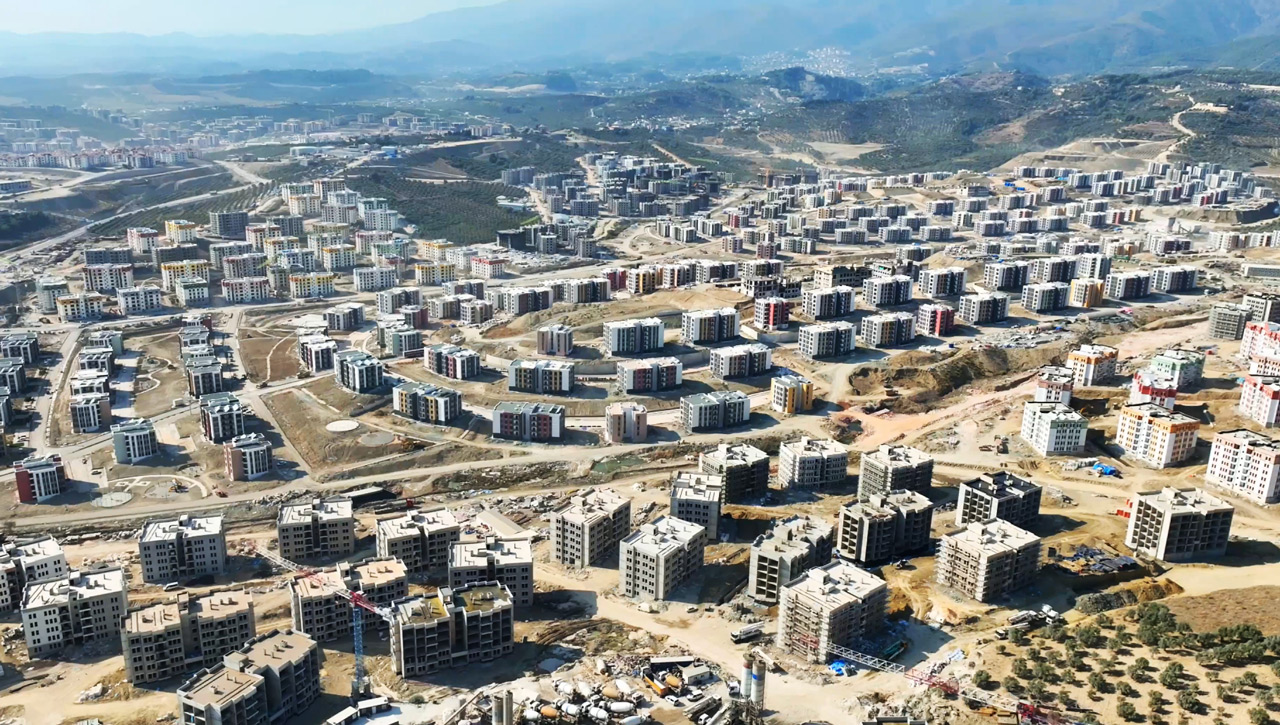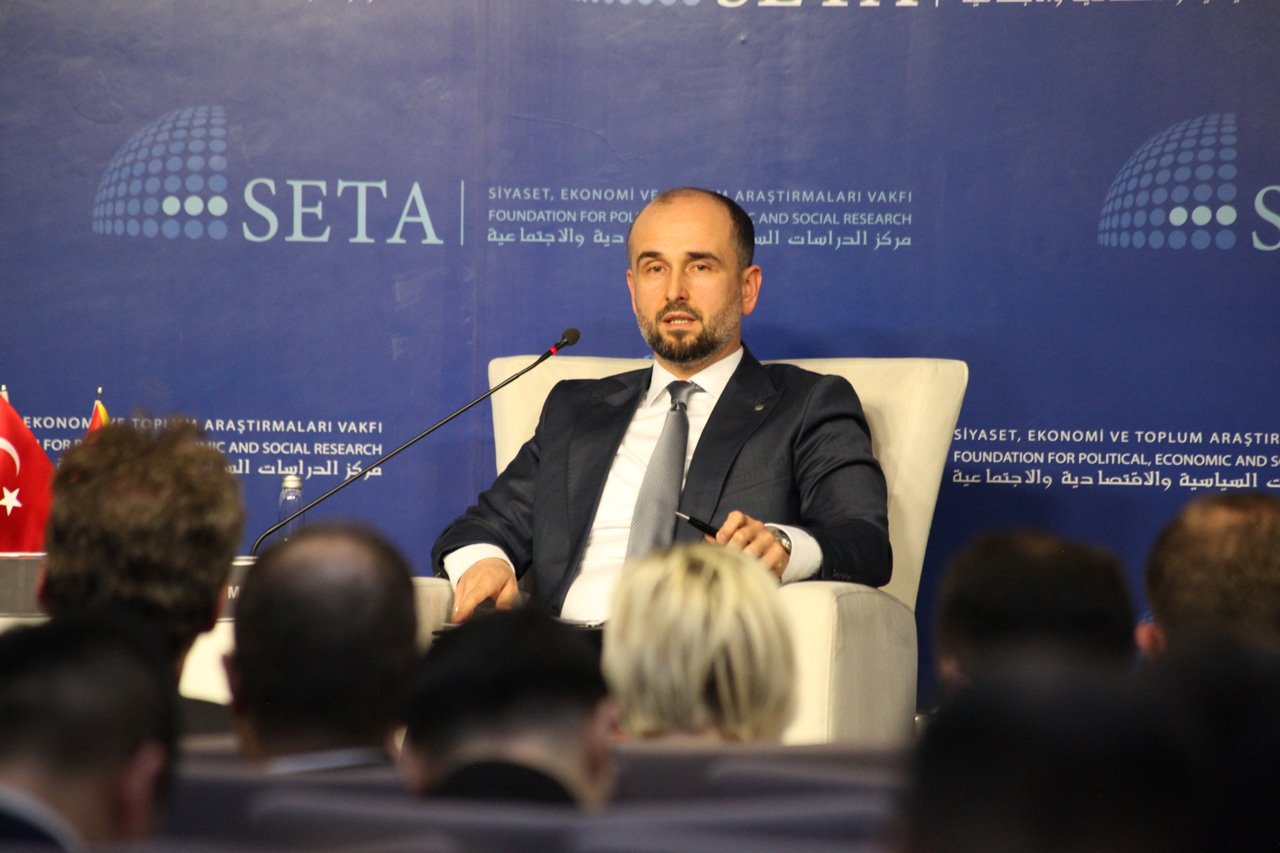If the U.S. wants stability in Syria it should work with Turkey rather supporting terrorist groups such as the YPG/PKK, said an expert on Middle Eastern affairs on Tuesday.
“When working with sub-state actors such as the YPG/PKK, this actually creates instability,” Kadir Ustun, executive director at the Washington offices of the Ankara-based Political, Economic and Social Research Foundation (SETA), told a panel on Syria organized by the think-tank.
Turkey has criticized the U.S. working with the YPG/PKK -- the terrorist PKK's Syrian branch -- saying Washington is ignoring the group's terrorist status as part of a failed policy of "using one terrorist group to fight another."
In its 30-year terrorist campaign against Turkey, the PKK has taken some 40,000 lives.
Pointing to the lack of a comprehensive U.S. policy on Syria, Ustun added: "One of the things the U.S. talks about is establishing stability in Syria. If it wants this, it has to work with Turkey. But working with sub-state actors such as the YPG/PKK actually sows instability."
Another speaker at the panel, Mehmet Koc of the Ankara-based Center for Iranian Studies (IRAM), said that Iran is one of the most critical actors in the current situation in Syria.
Stating that Iran paid a heavy price in Syria while scoring some successes, Koc said Tehran wants to use Syria as a bargaining chip at the table with Western powers.
"Iran doesn’t see the Syrian crisis as an isolated issue. The nuclear deal, the Syria crisis, the Lebanese issue, the conflict in Yemen, the operation in Bahrain, and the developments in Iraq -- Iran sees all this as part of politics, a doctrine,” said Koc.
On Turkey’s strategy in Syria, Murat Yesiltas, SETA’s director of security research, said that Turkey doesn’t want to side with any one party in the war-torn country.
Underlining the threat of the PYD/PKK terrorist group, Yesiltas added that Turkey is working to drive the PKK out of lands it has taken, damage its military capacity, and scatter its political efforts.
U.S.-Turkish relations should be put back on track, he said.
[AA, 17 April 2018]